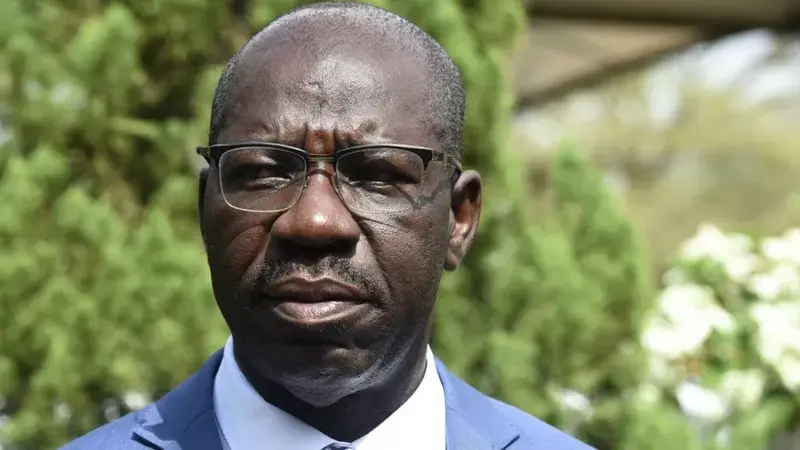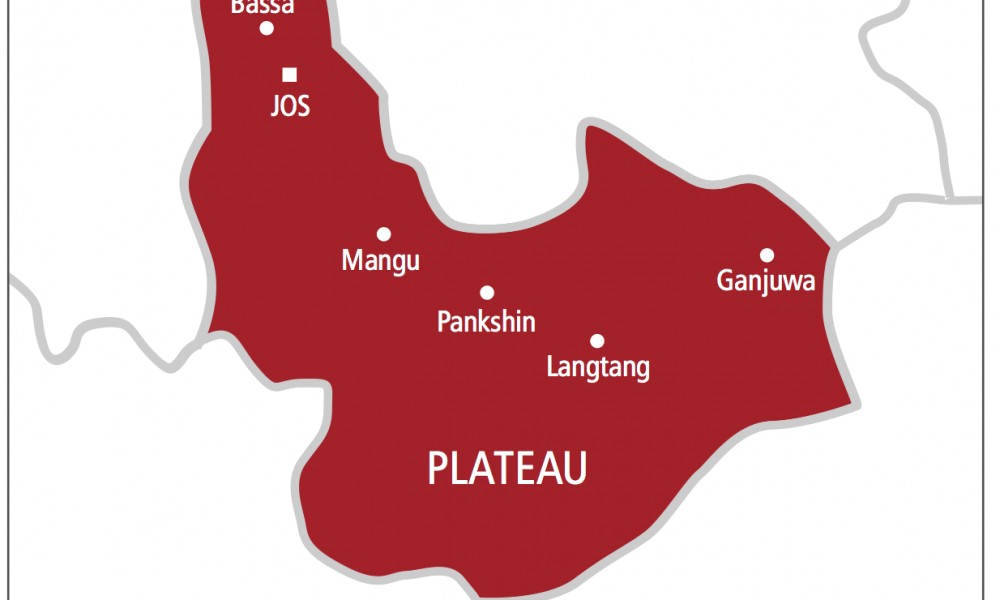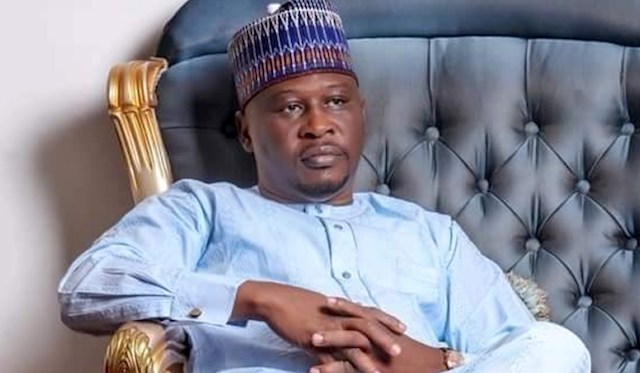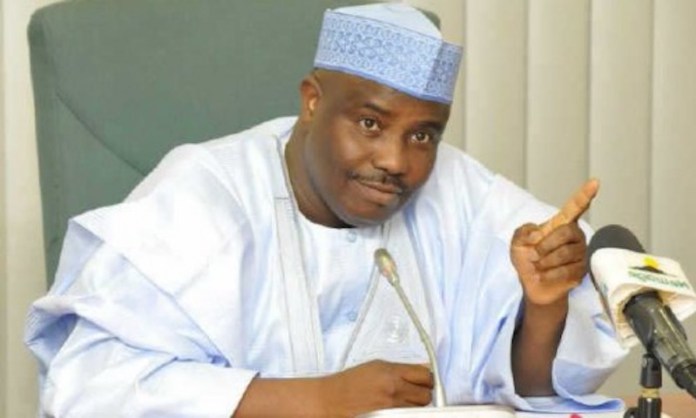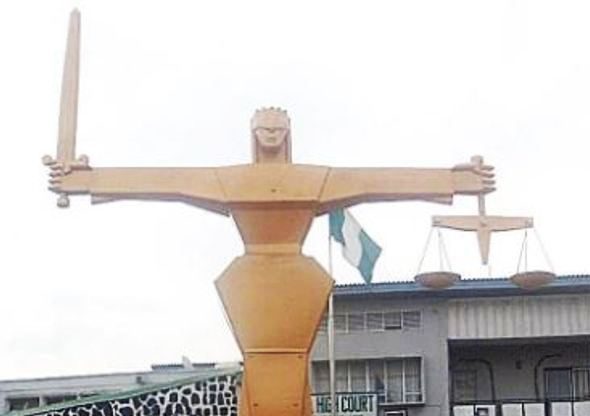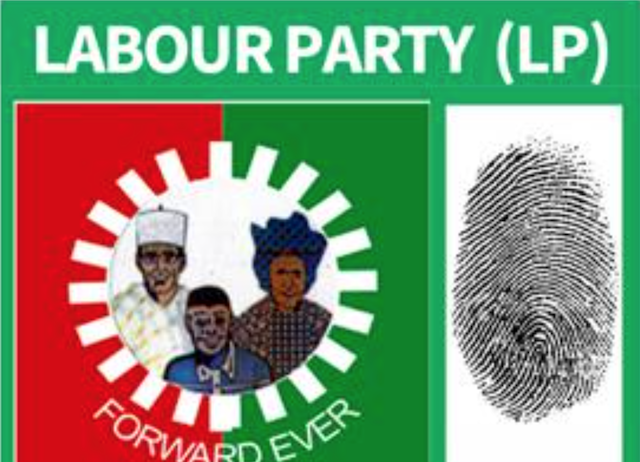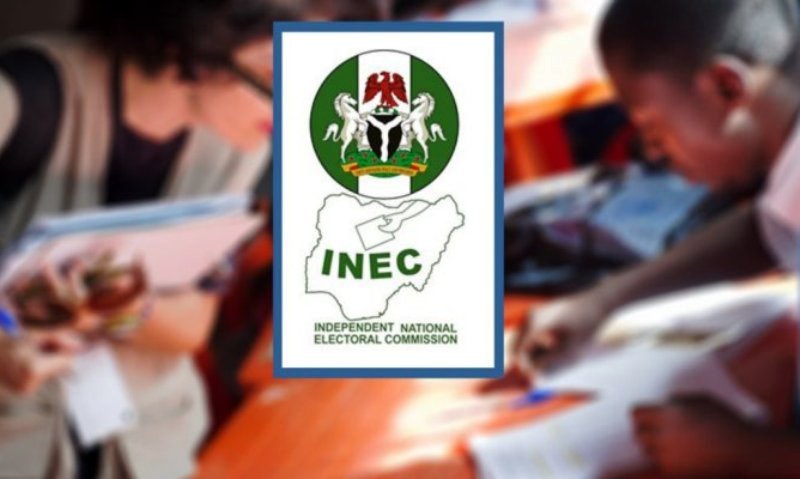The Independent National Electoral Commission (INEC) has said judgements delivered so far by election petitions tribunals across the country show that the 2023 elections were credible.
TheNewsGuru.com (TNG) reports seven months after the conduct of the 2023 general elections, the various tribunals handling petitions from defeated candidates have dismissed 712 cases.
Also, 179 candidates have withdrawn the petitions they filed against their opponents before the election petition tribunals across the federation.
These facts were revealed yesterday in Abuja by NEC, which said 891 petitions of 1,196 on 2023 polls had so far been either dismissed or withdrawn.
Contrary to claims, INEC said the loss of 74.4 percent of the petitions confirmed the credibility of the 2023 elections it conducted for state and national legislators, governors and president.
INEC’s Information and Voter Education Committee Chairman, Sam Olumekun, in a statement issued in Abuja, said reports about the credibility of the elections contained inaccuracies and called for a more balanced perspective on the matter.
“Of 1,196 petitions, 712 were dismissed and 179 withdrawn. This means that in 891 cases (74.4 percent), the tribunals found no merit in the petitions and affirmed the result of the elections conducted by INEC.
“It is surprising how the mere filing of petitions constituted a blow on the integrity of the recent elections conducted by INEC when in fact they constitute an integral part of the democratic process,” Olumekun said.
According to him, as of Monday, 16th October, 2023, of 82 governorship election petitions, 72 (87.8 percent) were either dismissed or withdrawn by the petitioners.
“For the senatorial elections, 146 petitions were filed, of which 100 (68.5 percent) were dismissed or withdrawn.
“For the House of Representatives, 413 petitions were filed out of which 309 (74.81 percent) were dismissed or withdrawn while for State Houses of Assembly, 550 petitions were filed, of which 468 (82.4 percent) were dismissed or withdrawn.
“A comparative analysis would have addressed the deliberate effort in the report to portray the 2023 General Election as regressive on account of litigation without empirical evidence,” Olumekun said.
The statement by INEC reads in full below:
MEDIA REPORT ON ELECTION PETITIONS AND THE CREDIBILITY OF INEC
The attention of the Commission has been drawn to a front page report by The Guardian (Nigeria) newspaper in its edition of Wednesday 18th October 2023 entitled “INEC’s credibility sinks as 94% contested posts awaits tribunal”. The Commission would have ignored the report if it did not emanate from one of our country’s flagship newspapers which has over the years established a reputation for the quality of its stories, incisive analysis, factual accuracy, balance and lately the innovative use of infographics.
However, its report under reference contains inaccurate figures, mix up of pre-election and post-election cases, skewed comparative perspective and a headline that suggests that election petitions draw from the action or inaction of INEC.
First, basic fact check on the information regualrly published by the Commission and available on our website would have shown that in 2023, elections were not conducted in 1,280 constituencies, including 782 State Assembly seats. On the contrary, elections were conducted in 1,491 constituencies across the country made up of 1 Presidential, 28 Governorship, 109 Senatorial, 360 House of Representatives and 993 State Assembly constituencies. Similarly, the claim that State Assembly elections were held in only 28 States of the country is made on the lazy assumption that no such elections were held in the eight States of the federation where executive elections are held off-cycle. As every attentive Nigerian knows, the tenure of legislators is tied to the legislative houses which is a fixed term of four years from the date the Assembly is inaugurated unlike the term of office of the executive which begins from the date they take the oath of office.
Secondly, the report blames the pre-election cases arising from the conduct of primary elections by political parties on INEC. These are intra-party cases involving party members in which they join the Commission and seek for reliefs binding on it. As everyone knows, INEC does not conduct primaries for political parties.
Thirdly, in pursuit of their right under the law, many litigants in Nigeria unfortunately file election petitions over the most improbable cases and later withdraw them or they are dismissed by the tribunals. If the report had taken time to analyse the outcome of the cases decided so far by the tribunals, it would have discovered that out of 1,196 petitions, 712 were dismissed and 179 withdrawn. This means that in 891 cases (74.4%), the tribunals found no merit in the petitions and affirmed the result of the elections conducted by INEC. It is surprising how the mere filing of petitions constitute a blot on the integrity of the recent elections conducted by INEC when in fact they constitute an integral part of the democratic process.
Fourthly, the said report analysed the total number of petitions as if they were filed against the outcome of the election in 94% of all the elective positions without considering details of the cases. Multiple petitions were filed by candidates and political parties as petitioners in a single Constituency. For example, in one State in the South South geopolitical zone of the country, eight petitions were filed challenging the Governorship election out of which seven were dismissed and one withdrawn. Therefore, the number of election petitions filed in respect of all elective offices will certainly outnumber the total number of constituencies/elective offices. To spread them across the constituencies and proceed to calculate the percentage is to count some constituencies several times which is methodologically problematic and statistically illogical.
Five, it is pertinent to note that the grounds for challenging the outcome of an election as provided in Section 134 of the Electoral Act, 2022 are not limited to the conduct of election by the Commission. An election may be questioned on the ground that the winner of the election was not qualified to contest the election by virtue of his academic qualifications, age etc. Many of the petitioners did not challenge the conduct of the elections by INEC but the eligibility of candidates or their nomination by political parties. Under the law, INEC has no power to screen candidates. Similarly, only the Courts can disqualify candidates.
Six, a comparative analysis would have addressed the deliberate effort in the report to portray the 2023 General Election as regressive on account of litigation without empirical evidence. Over the last three electoral cycles, the number of election petitions may be rising but not the number of upturned elections. In 2015, 663 cases were filed at the tribunals, 87 (13.1%) were nullified and the Commission ordered to conduct re-run in some polling units or entire constituencies. In 2019, 807 petitions were filed but elections were only re-run in 30 (3.71%) consituencies (3 Senatorial Districts, 13 Federal Constituencies and 14 State Constituencies).
While the 2023 post-election litigations are ongoing, all five petitions filed in respect of the Presidential election were dismissed while three are pending on appeal. As of Monday 16th October 2023, out of 82 Governorship election petitions, 72 (87.8%) were either dismissed or withdrawn by the petitioners. For Senatorial elections, 146 petitions were filed out of which 100 (68.5%) were dismissed or withdrawn. For the House of Representatives, 413 petitions were filed out of which 309 (74.81%) were dismissed or withdrawn while for State Houses of Assembly, 550 petitions were filed out of which 468 (82.4%) were dismissed or withdrawn.
The Commission wishes to restate that it is inappropriate to solely assess the credibility of INEC or the conduct of the 2023 General Election on the number of petitions filed by litigants who, in any case, have the right to do so under the law.
While we wish to restate our continuing partnership with the media, it is prudent to state that the pen should be used to strengthen rather than impugn the integrity of public institutions particularly where basic statistics demand that we should be circumspect.
Sam Olumekun mni
National Commissioner & Chairman,
Information and Voter Education Committee
Thursday 19th October 2023
